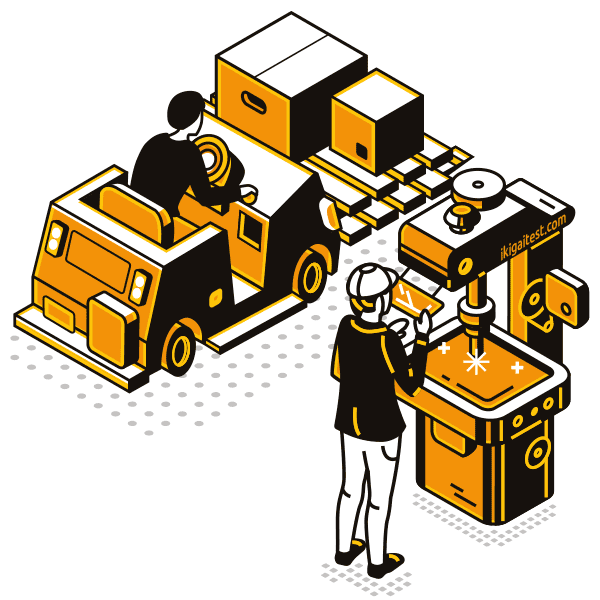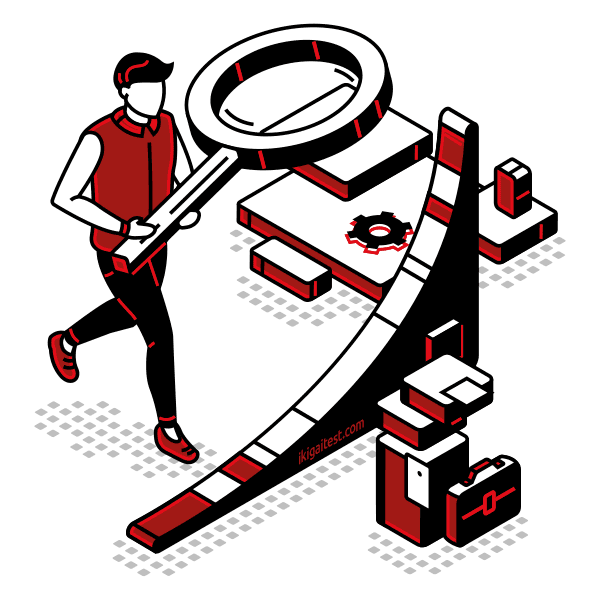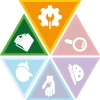Operator

Operators are expected to be good at:
- Using either control mechanisms or direct physical activity to operate manufacturing systems.
- Working with hand operated industrial machines and power tools.
- Adjusting knobs, levers, and physical or touch sensitive buttons in industrial devices.
- Running, maneuvering, navigating, or driving vehicles or mechanized equipment, such as forklifts, passenger vehicles, aircraft, or watercraft.
Inspector

Inspectors should be great at:
- Estimating sizes, distances, and quantities; or determining time, costs, resources, or materials needed to perform a work activity.
- Observing, receiving, and otherwise obtaining information from all relevant sources.
- Identifying information by categorizing, estimating, recognizing differences or similarities, and detecting changes in circumstances or events.
- Inspecting equipment, structures, or materials to identify the cause of errors or other problems or defects.
Other work activities related to Bridge and lock tenders
- Moving levers for activating traffic signals, navigation lights, and alarms.
- Recording names, types, and destinations of vessels passing through bridge openings or locks, and numbers of trains or vehicles crossing bridges.
- Controlling machinery for opening and closing canal locks and dams, railroad or highway drawbridges, or horizontally or vertically adjustable bridges.
- Directing movements of vessels in locks or bridge areas, using signals, telecommunication equipment, or loudspeakers.
- Preparing accident reports.
- Observing approaching vessels for determining size and speed, and listening for whistle signals indicating desire to pass.
- Observing the positions and advancement of vessels for ensuring the best usage of lock spaces or bridge opening spaces.
- Maintaining and guarding stations in bridges to checking waterways for boat traffic.
- Inspecting canal and bridge equipment, and areas such as roadbeds for damage or defects, reporting problems to supervisors as necessary.
- Cleaning and lubricating equipment, and making minor repairs and adjustments.








